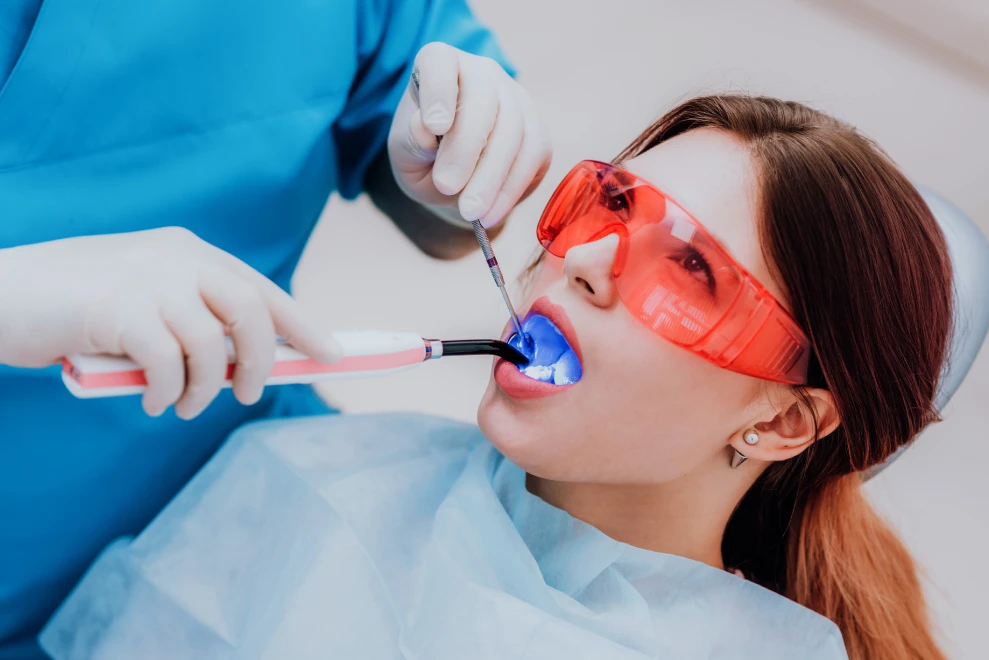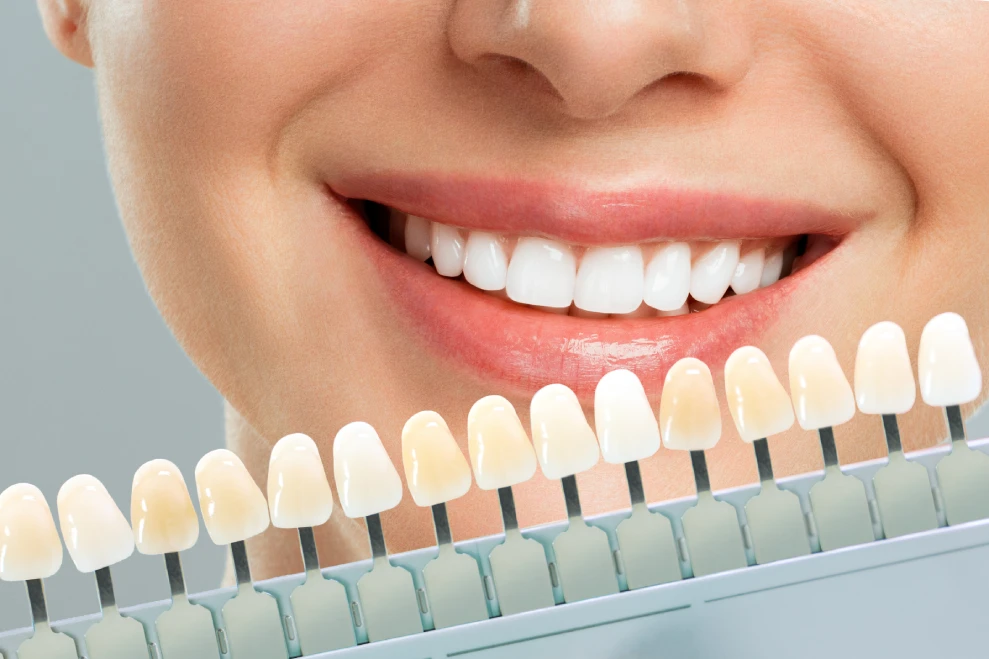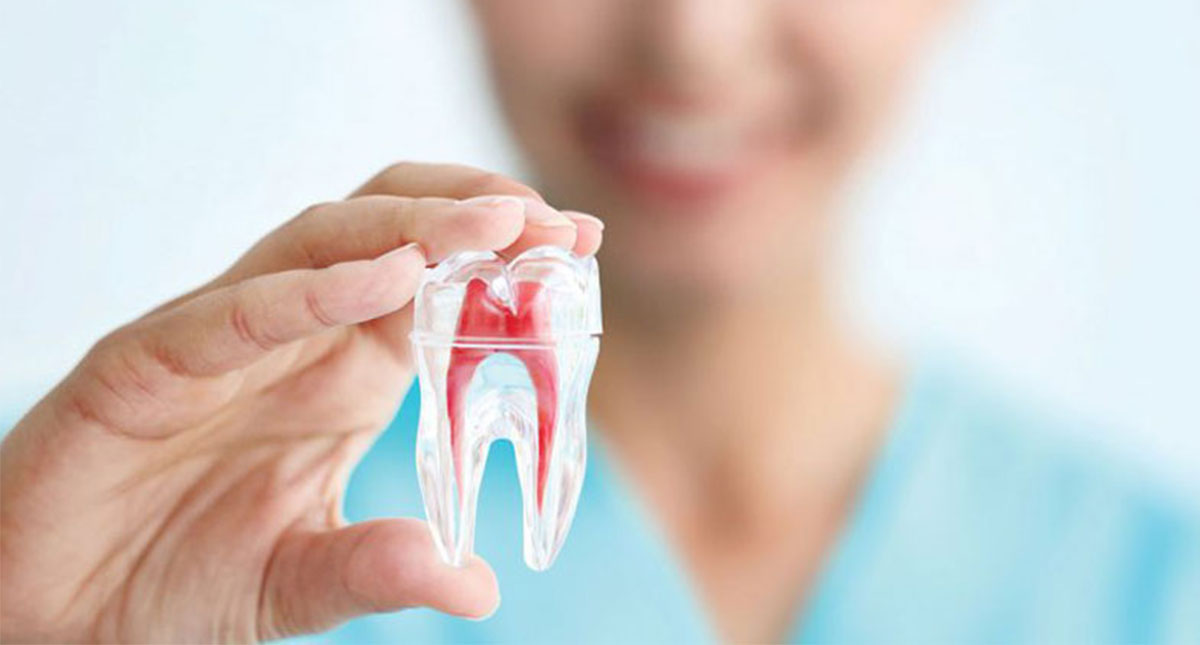Periodontics

What is it?
Periodontics is a dental specialty focusing on the prevention, diagnosis, and treatment of gum disease and the supporting structures of the teeth, including bone and soft tissues. Treatments range from non-surgical procedures like scaling and root planing to advanced regenerative and surgical techniques.

Our Methods
We provide both non-surgical and surgical approaches depending on the severity of the condition
- Scaling and Root Planing (Deep Cleaning) to remove plaque and tartar from above and below the gum line.
- Periodontal Surgery (Flap Surgery) to clean deep gum pockets and reposition gum tissue.
- Bone Grafting and Guided Tissue Regeneration to rebuild lost bone and encourage tissue healing.
- Soft Tissue (Gum) Grafting to cover exposed roots and restore gum tissue.
- Crown Lengthening to reshape gums and bone for functional or cosmetic purposes.


When should you do it?
Periodontal treatment is recommended if you have signs such as bleeding gums, persistent bad breath, gum recession, loose teeth, or deep gum pockets. It is also necessary before some restorative or implant treatments when gum and bone support must be stabilized.
Benefits of Periodontal Treatments

Halts Gum Disease
Stops the progression of gingivitis and periodontitis, reducing inflammation, bleeding, and infection. Prevents further bone and tissue damage.

Preserves Natural Teeth
Strengthens the foundation of teeth by protecting gums and bone support. Helps avoid tooth mobility and unnecessary extractions.

Restores Function
Improves chewing efficiency and reduces discomfort or sensitivity from gum recession. Supports better speech and daily oral function.

Enhances Smile
Creates a healthier, more balanced gum line for improved aesthetics. Covers exposed roots and corrects gummy smiles for greater confidence.

Supports Other Treatments
Provides stable gums and bone for crowns, bridges, and implants. Increases long-term success of restorative and cosmetic dentistry.

Boosts Overall Health
Lowers body-wide inflammation and reduces risks linked to diabetes, heart disease, and pregnancy complications. A healthier mouth contributes to overall well-being.
The most common conditions treated include

















Chat with us
Call Us